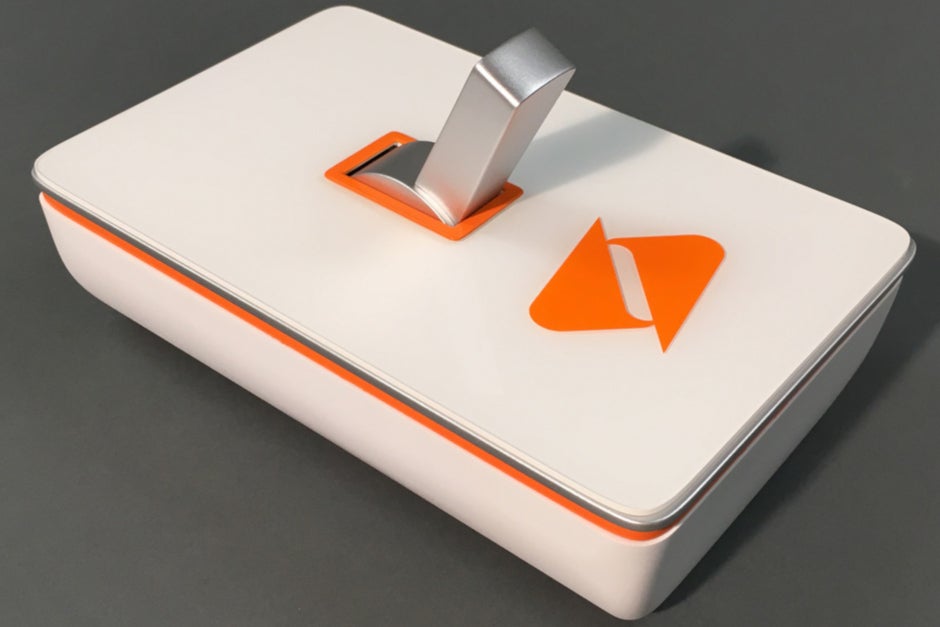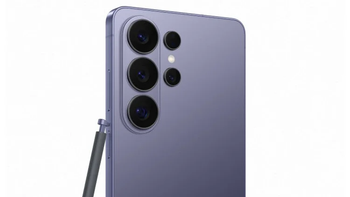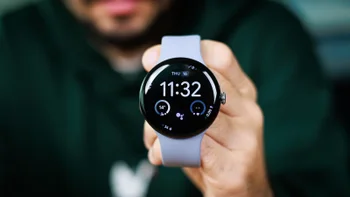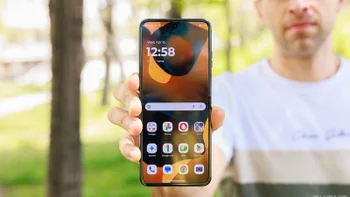Finding a buyer for Boost Mobile is still the key to closing the T-Mobile-Sprint merger (VIDEO)

Time to check back in to see what is happening with our favorite soap opera, "As the Deal Turns." When we last left our cast of characters, the Justice Department (DOJ) was waiting to see if outspoken Dish Network CEO Charles Ergen would go ahead and spend $6 billion to purchase Boost Mobile and some low and mid-band spectrum from proposed merger partners T-Mobile and Sprint. This would create a new national carrier that would replace Sprint once it is part of T-Mobile. And this would satisfy the DOJ since the regulatory agency feared that combining the nation's third and fourth largest wireless operators would reduce competition and lead to higher prices.

Finding a buyer for Boost Mobile will be the key to getting DOJ approval for the T-Mobile-Sprint merger
Dish isn't the only company interested in Boost, but it might have more incentive than other possible suitors. When the satellite content provider purchased $3 billion of spectrum back in 2013, it promised the FCC that it would provide wireless service to 70% of the 176 markets covered by the airwaves by next March. If it fails to do so, Dish will lose the licenses it holds on the spectrum. And since Dish has also been losing customers, buying Boost would seem to be a win-win-win for everyone involved.
Investors now feel pessimistic about the possibility that the merger will take place
Not so fast says MoffettNathanson telecommunications analyst Craig Moffett. Moffett says that if Dish buys Boost, its strategy will be to underprice the combined T-Mobile-Sprint. As a result, he doesn't see Deutsche Telekom agreeing to such a deal. In addition, the analyst says that Ergen's reputation for being 'all hat, no cattle' (Dish lost out on a bid to buy Sprint in 2013) combined with the DOJ's demands take the odds of the deal closing under 50% in his estimation. He says, "I’m skeptical that we’ll ever see a deal. It may be that Sprint and T-Mobile take the ball all the way down to the 1-yard line, and it simply may not be possible to punch it across the goal line."
"By putting Dish into business with no existing subscriber base and no existing ARPU [average revenue per user] to protect, the only available strategy for Dish is to aggressively underprice. It’s almost unimaginable Deutsche Telekom would have any appetite where a solution would so radically destabilize the industry. It would be a Pyrrhic victory."-Craig Moffett, telecom analyst, MoffettNathanson
The spread between the theoretical value of Sprint's shares based on the deal closing and its current stock price is now back up to $1.03 indicating that investors also are skeptical of seeing the merger actually take place. Back on June 14th, that spread was 67 cents. Here's how to compute this number. Take the price of T-Mobile stock (TMUS) and multiply by .10256. Each Sprint shareholder will receive .10256 of a T-Mobile share for each Sprint share they own if the deal goes through, so this number is the theoretical value of each share of Sprint if the deal were to close now. Take that figure and subtract the current price of Sprint (S) and that is the spread. For example, today T-Mobile closed at $74.14. Multiplying that number by .10256 gives us 7.604. Subtracting Sprint's closing price of $6.57 gives us a difference of $1.03. The higher the spread, the more doubt investors have that the deal will close.
In 2011, AT&T and T-Mobile agreed on a $39 billion merger that would have created the largest carrier in the states. But Justice Department opposition to the deal caused it to fall through. Sound familiar? In 2014, T-Mobile and Sprint floated the idea of a merger and had talks with the FCC and DOJ to see which way the wind was blowing. Both agencies made it clear that such a deal would not be approved, so no transaction was ever announced. Will this time be different?
Follow us on Google News













Things that are NOT allowed:
To help keep our community safe and free from spam, we apply temporary limits to newly created accounts: